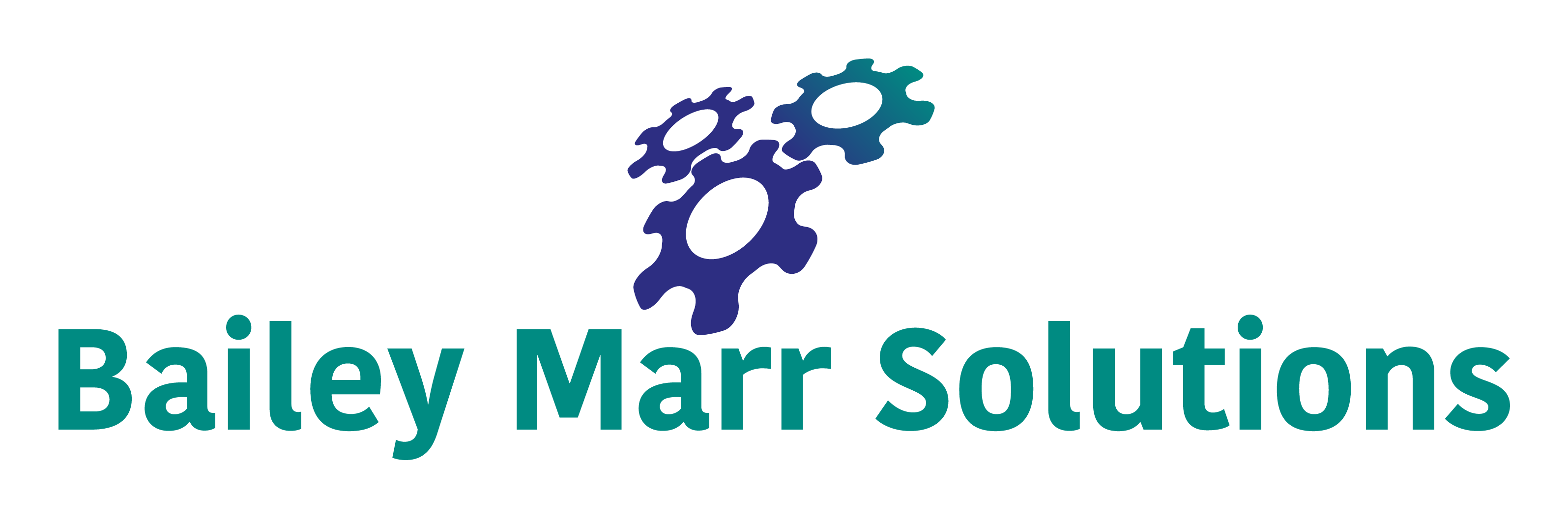
Interview Tips
The interview is how to finally get that foot in the door.
Below are some of the top tips that can help you seal the deal!
Prepare for Technical Questions:
In preparation for technical interviews, review the specific skills and knowledge relevant to the role you’re applying for. Be ready to discuss your experiences with coding languages, frameworks, or technical tools. Practice solving technical problems to sharpen your problem-solving skills. Expect questions that delve into your technical expertise, so ensure you’re comfortable discussing projects you’ve worked on and the technical challenges you’ve overcome.
Showcase Problem-Solving Skills:
Tech roles often involve intricate problem-solving scenarios. Demonstrate your ability to analyse complex issues, break them down into manageable parts, and propose effective solutions. Highlight past situations where you’ve tackled challenging problems, emphasising your methodology and the successful outcomes you achieved.
Highlight Your Project Experience:
Use your interview as an opportunity to showcase your project experience. Discuss specific projects you’ve contributed to, the role you played, the challenges you encountered, and the results you delivered. Be prepared to share anecdotes that illustrate your impact on your team or organisation. Quantify your achievements when possible to provide a clearer picture of your contributions.
Communicate Clearly:
Effective communication is essential in tech roles, especially when explaining complex concepts to non-technical stakeholders. Practice articulating technical information in a clear, concise, and understandable manner. Break down complex ideas into simple terms, use analogies, and offer real-world examples when communicating technical concepts.
Be Up-to-Date:
The tech industry evolves rapidly, and staying up-to-date with the latest trends and technologies is crucial. Be prepared to discuss recent advancements, your familiarity with the latest tools or programming languages, and how you stay current in a dynamic field. Showcase your commitment to continuous learning and adaptability.
Ask Questions:
Prepare a list of thoughtful questions to ask the interviewer. Inquire about the company’s projects, team dynamics, and future goals. This not only demonstrates your interest in the role and the company but also allows you to assess whether the organisation aligns with your career aspirations.
Showcase Soft Skills:
While technical skills are vital, employers also value soft skills in tech professionals. Highlight your abilities in teamwork, adaptability, communication, and problem-solving. Provide examples of how these soft skills have enhanced your technical work and contributed to team success.
Practice Coding and Whiteboard Interviews:
If your role involves coding challenges, allocate time to practice coding problems and whiteboard interviews. There are numerous online platforms and coding challenge websites where you can sharpen your problem-solving skills, refine your coding style, and become more comfortable with live coding assessments. Practice helps reduce stress and increase your chances of success.
Understand the Company:
Research the company thoroughly to gain a comprehensive understanding of its products, services, culture, and mission. Tailor your responses during the interview to demonstrate that you’re not only technically proficient but also aligned with the company’s values and objectives. Highlight how your skills and experiences can contribute to the company’s specific goals.
Dress Appropriately:
First impressions matter, and dressing appropriately for your interview is a sign of professionalism and respect for the process. Dress in professional attire, even if the company has a casual dress code. While tech companies often have relaxed dress norms, it’s best to err on the side of formality for the interview, ensuring you make a positive impression on your potential employers.
Showcase Your Passion:
Express your genuine enthusiasm for the technology, telecommunications, or software industry and the specific role you’re applying for. Share personal anecdotes or experiences that ignited your passion for your field. Employers appreciate candidates who are not only skilled but also deeply invested in their work.
Prepare STAR Stories:
Use the STAR (Situation, Task, Action, Result) method to structure your answers when discussing your achievements and problem-solving experiences. Describe the specific situation or challenge, the task you needed to accomplish, the actions you took, and the positive results or outcomes that resulted from your efforts. This framework helps you provide well-structured, comprehensive responses that highlight your capabilities effectively.
Be Ready for Behavioural Questions:
Behavioural questions assess your character, decision-making process, and how you handle various situations. Be prepared to discuss scenarios where you demonstrated specific qualities or skills, such as leadership, teamwork, conflict resolution, or adaptability. Use the STAR method (Situation, Task, Action, Result) to structure your responses for clarity.
Practice Mock Interviews:
Conduct mock interviews with a friend, mentor, or career coach to simulate the interview experience. This practice allows you to get comfortable with common interview questions, refine your responses, and receive constructive feedback on your interview style, body language, and communication.
Mind Your Online Presence:
Ensure your online presence is professional and aligns with the image you want to convey to potential employers. Review your social media profiles and personal website to ensure they reflect your technical expertise and professionalism. Make any necessary updates to align your online presence with your career goals.
Stay Calm Under Pressure:
Tech interviews can be challenging, and you may encounter complex technical questions. Maintain composure and stay focused, even when faced with difficult or unexpected inquiries. Take a moment to think before responding, and don’t be afraid to ask for clarification if necessary.
Avoid Overconfidence:
While confidence is important, be cautious not to come across as overly confident or arrogant. Remain humble and open to feedback during the interview. Employers value candidates who are self-assured but also receptive to learning and growth.
Showcase Your Problem-Solving Approach:
When discussing technical challenges, not only emphasise the results but also describe your problem-solving approach. Walk the interviewer through your thought process, the steps you took to address the issue, and how you arrived at your solutions. Employers value candidates who can articulate their methodology.
Be Yourself:
Authenticity is key in interviews. Be genuine in your responses and let your true personality shine through. Show the interviewer who you are, beyond your technical skills, as cultural fit and team dynamics are also essential considerations in hiring decisions.
Follow Up After the Interview:
After the interview, promptly send a thank-you note or email to express your appreciation for the opportunity to interview. This gesture shows your professionalism and courtesy, and it helps you leave a lasting, positive impression on the hiring team.
